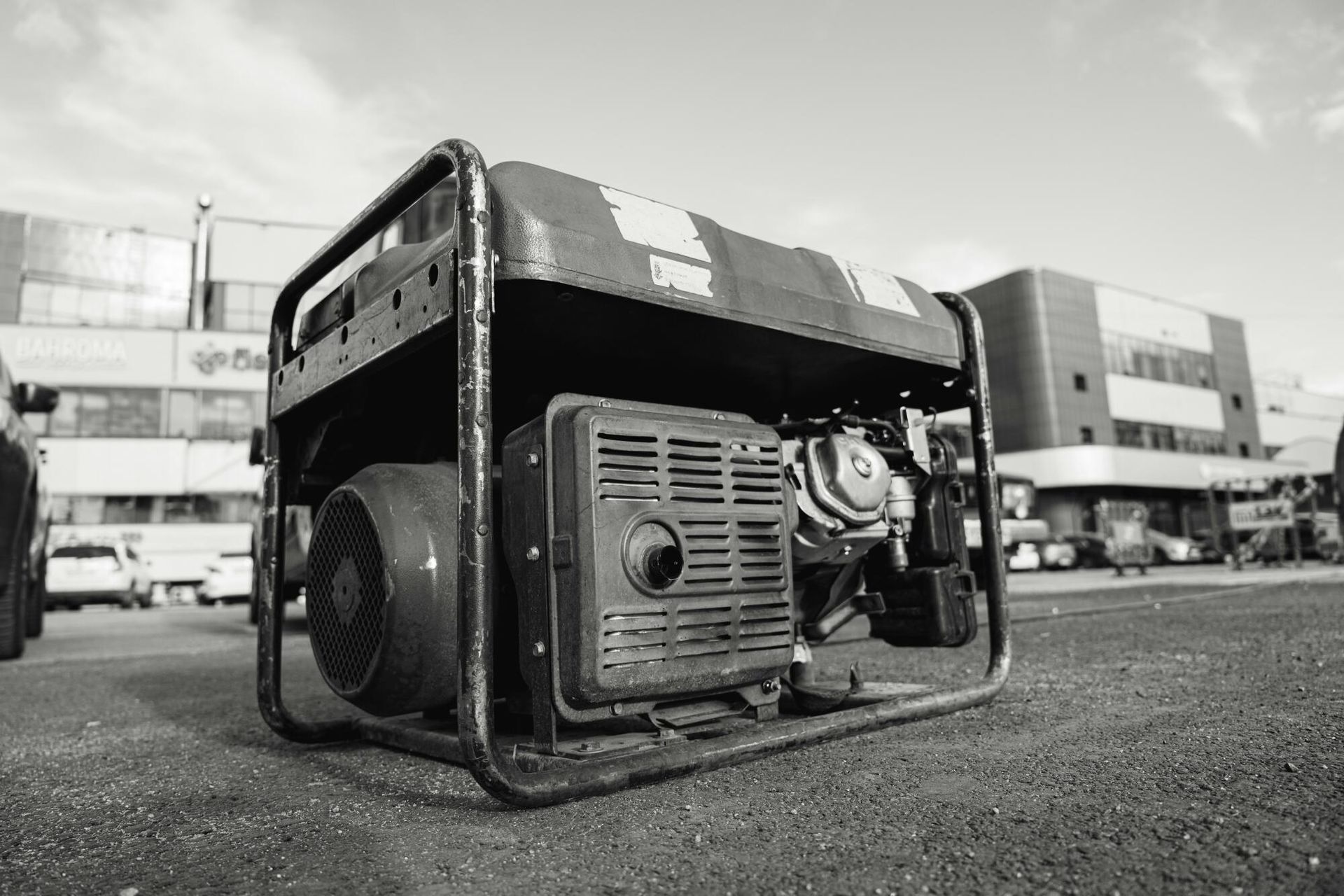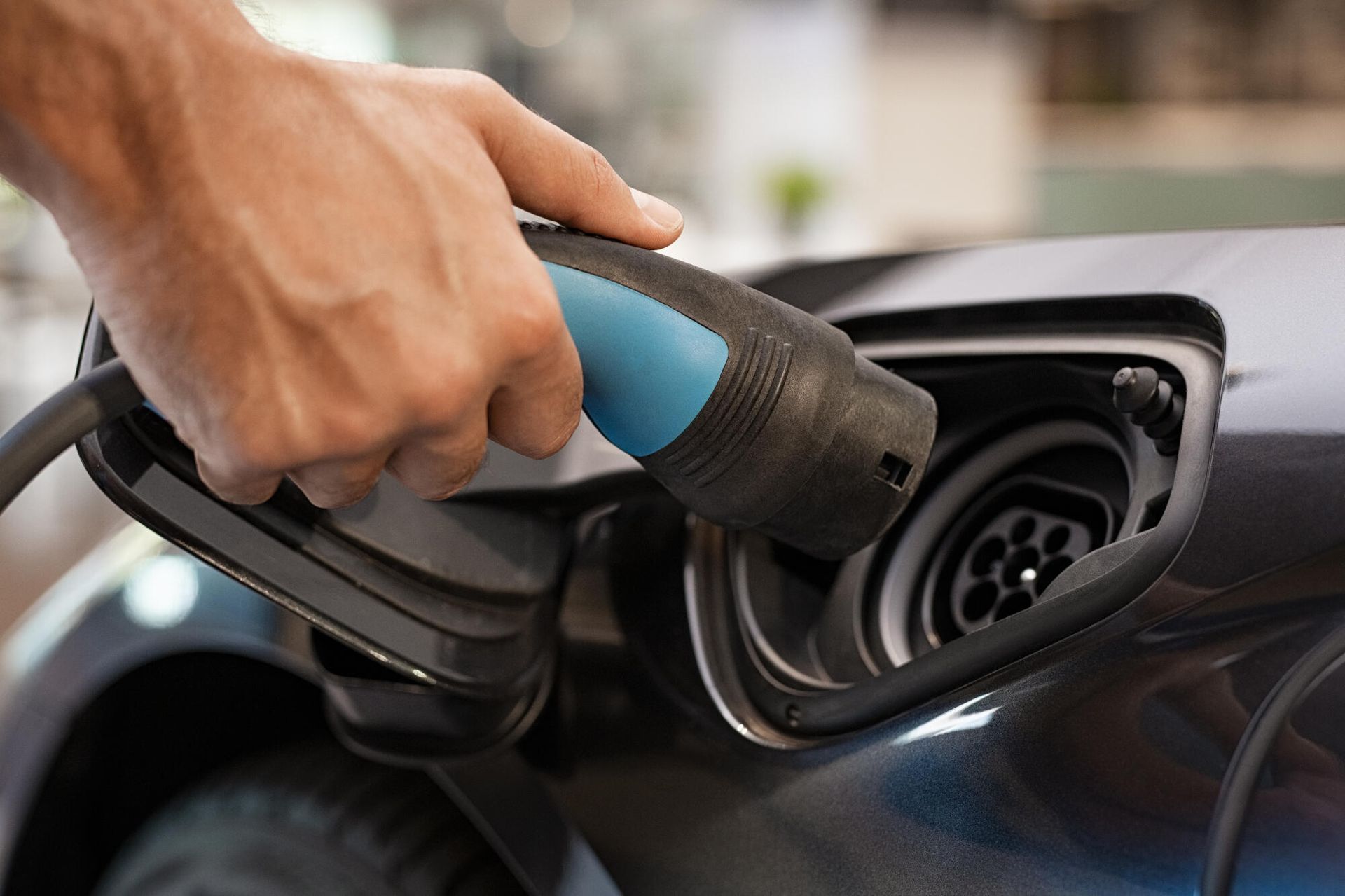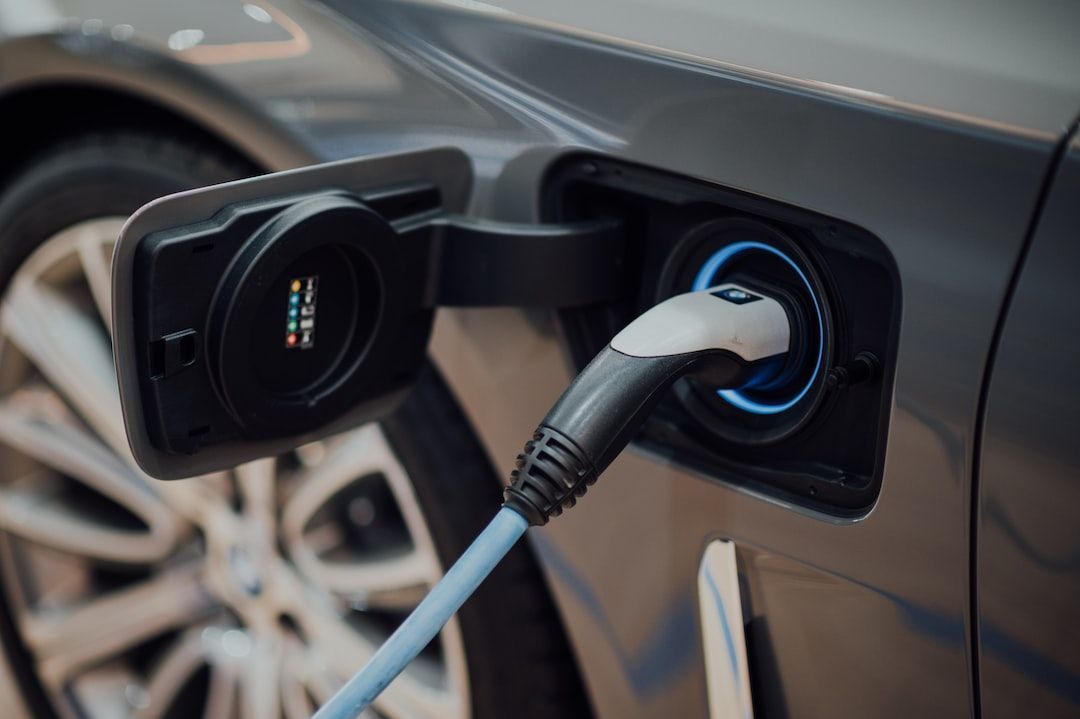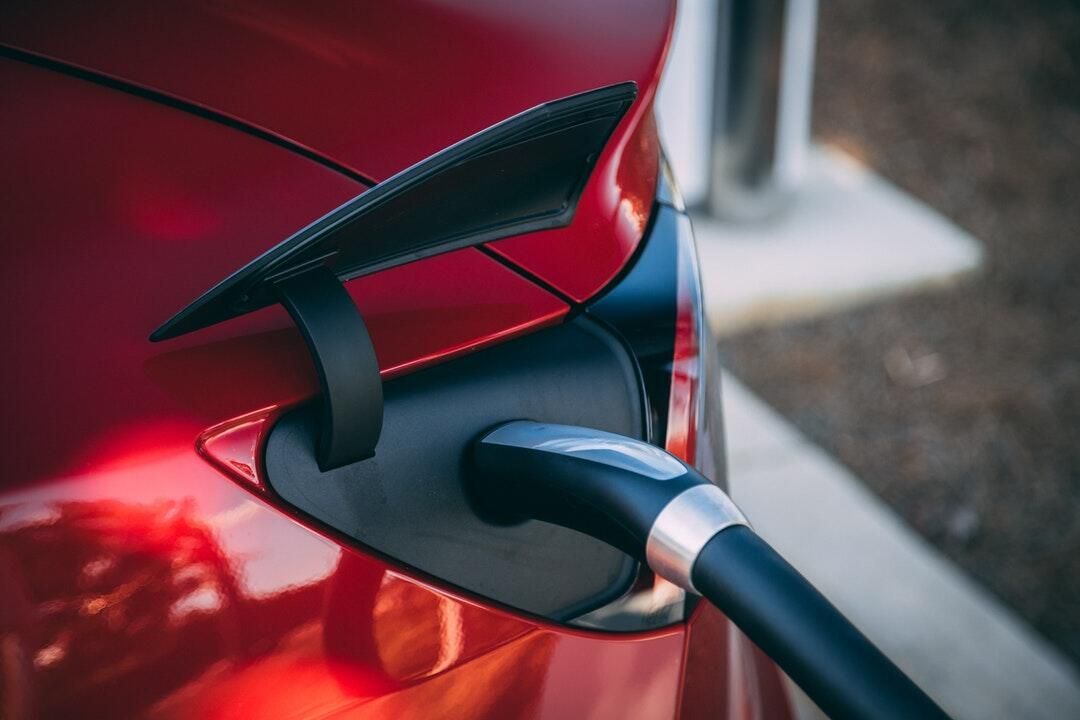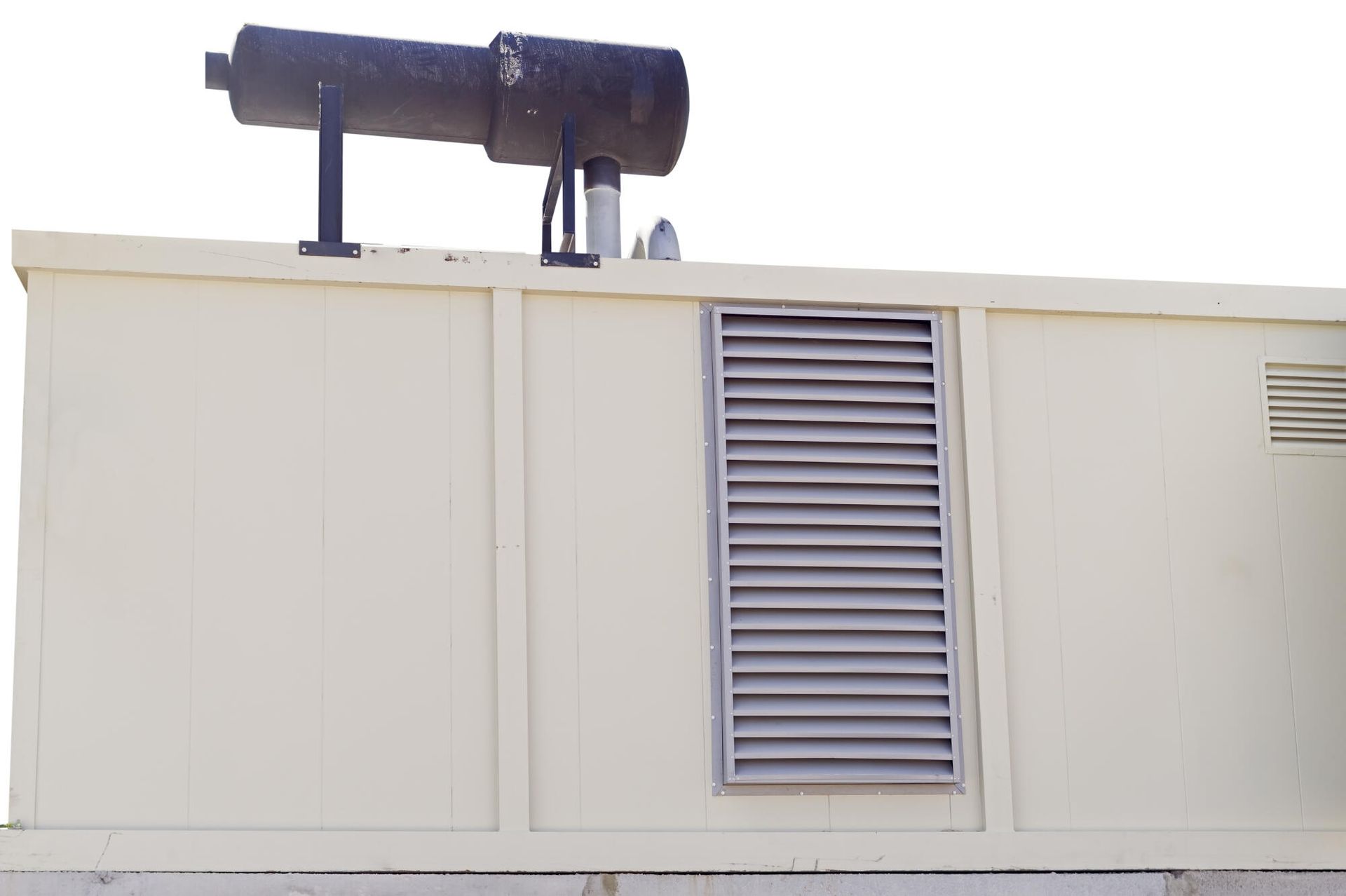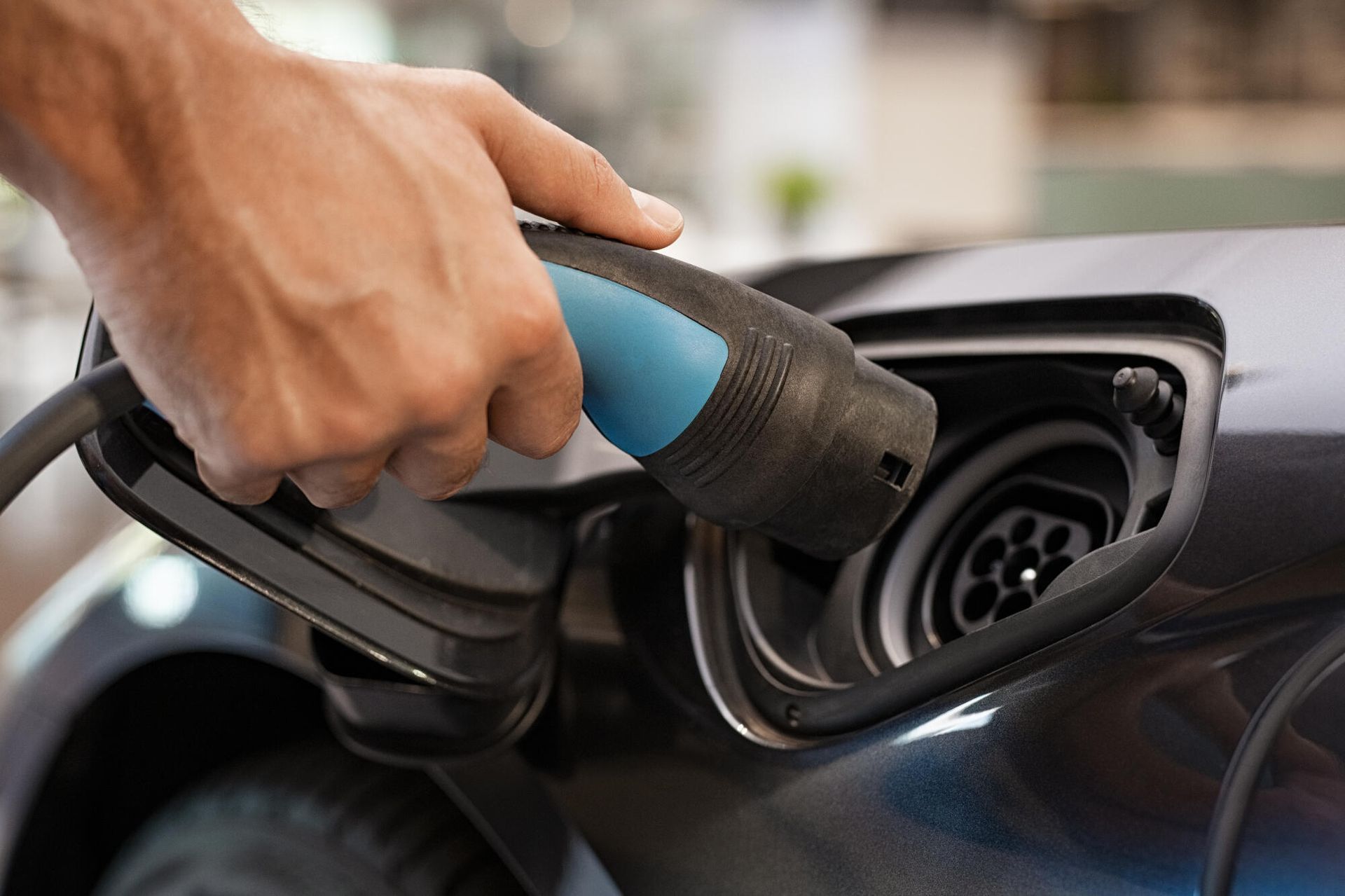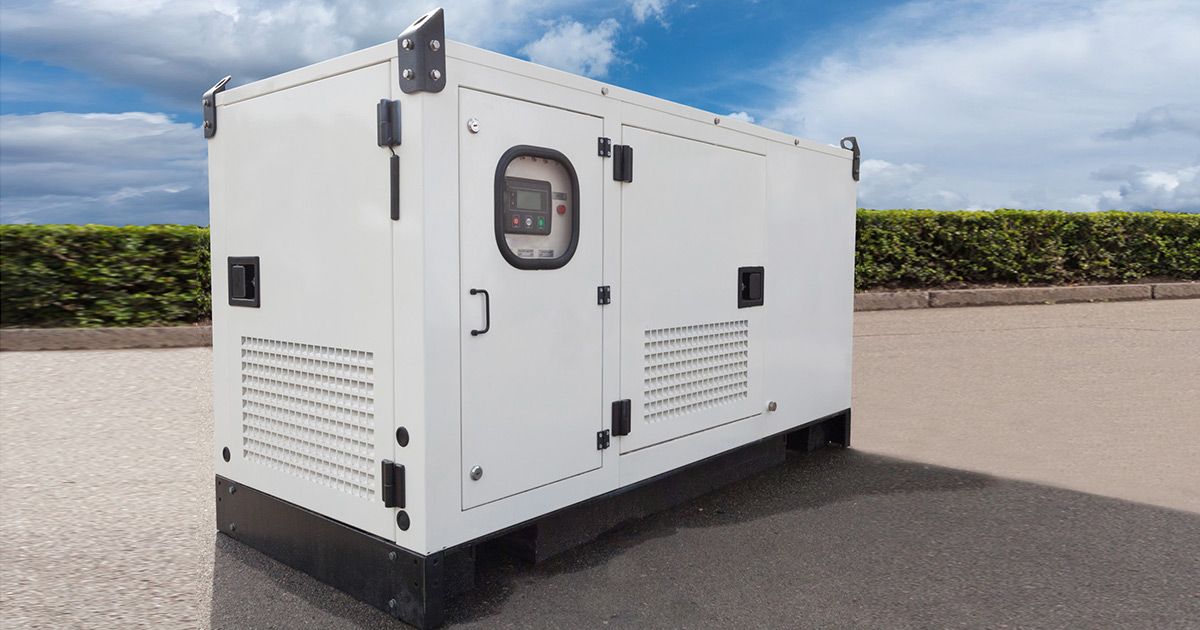Extending the Life of Your Generator: Essential Maintenance Tips and Tricks
A good generator tune-up can do a lot for your rig, but if you want to get the most out of your generator, here are some tips.
Studies show that about 61% of American adults desire a backup power source for their home. A generator can be a life-saver during a crisis when the power goes out, such as a natural disaster. These generators are crucial not just for comfort, but for keeping things like at-home medical equipment functional.
If you have a power generator, knowing how to increase its lifespan is vital. A generator tune-up is one of many ways to do so, but increasing your generator lifespan through these tasks isn't always easy.
If you're curious about what generator maintenance tasks to perform, we're here to help. Read on to learn more about
generator maintenance and where to focus your efforts.
Preventative and Active Repairs
When dealing with maintenance, your tasks fall under two categories: Preventative and Active.
Preventative maintenance is meant to ward off anything from breaking. Doing so will increase your generator's lifespan and keep it running smoothly.
Active repairs are to replace or otherwise fix issues that arise from something breaking. Think of these acts as replacing components, or in extreme cases, buying a new generator.
We've mostly focused on preventative maintenance for this guide. Read on for our primary tasks for preventative maintenance.
Keep the Oil Checked and Changed
Any machine with oil needs to have the oil frequently checked and changed. As your machine runs, oil helps to lubricate the moving parts.
Without oil, the friction from these parts can become significant. As a result, they can overheat, chip, or otherwise wear down. An engine running without oil won't run for long before breaking.
As the oil cycles through your generator, it will become dirty. Drawing in dust and dirt from the outside as it runs causes the oil to become thicker and worse at lubricating.
Check your oil regularly to see if it's dirty and needs changing. Generators usually come with a dipstick that you can use to check oil levels. Keep the oil at the appropriate amount so you don't run into any issues.
Oil becomes dirty by running and not from sitting. If your generator isn't used often, it won't need its oil changed as often as a generator that is constantly running. Set an oil maintenance schedule and adhere to it for the best results.
Fuel Maintenance
Another fluid you'll need to keep a close eye on is your fuel. Fuel doesn't just drop into your reservoir and then work by magic! Your fuel lines and fueling mechanism all need specific repairs.
Fuel maintenance revolves around regularly testing and replacing the fuel. A crucial part of this is using clean and high-quality fuel for your generator.
Stabilized fuel also helps to prevent the degradation of your generator's components. Think of what fuel you're using and don't hesitate to invest in higher-quality fuel. The costs will even out since it avoids some wear and tear on your generator.
Finally, keep an eye on your fuel filters. Like an oil filter, these filters help take particulate matter out of your fuel lines. They get dirty over time and can cause issues if not replaced properly.
Keep the Generator "Exercised"
If you have a vehicle, you're likely familiar with the need to start the engine every few days to make sure nothing goes wrong. Your generator is no different. Failing to do so can cause the engine to lose lubrication and the battery to lose its charge.
About once a month, start your generator up to make sure it's still running properly. Let it run for roughly half an hour and keep tabs on any difficulties it's having. Strange sounds, unusual smells, or shaking can all mean that there's something wrong with the machine.
Doing so will keep the engine lubricated and the battery charged. It also will help you see any problems that you can fix during this maintenance window. It's much better than waiting until you need your generator to find out it isn't working!
Battery Inspections
Battery inspections are self-explanatory bits of maintenance, and also one of your easiest tasks. There are often physical signs of any issue that your generator may have.
One obvious sign is corrosion, which will most often appear near your battery's contacts. Corrosion can render the battery useless or dangerous to operate.
If you spot corrosion, you will normally need to replace the battery. If the corrosion is bad enough, it can cause damage to the generator around it. Should this occur, a new generator is sometimes necessary.
Keep the Generator Covered
Finally, one of the threats to your generator is the outdoor elements. If you live somewhere with constant rain, snow, or sleet, this can cause issues for your generator.
Another common threat is salt. If you live near a salty body of water, most likely near a coast, then the salt from the water will get in the air. The salt will quicken corrosion on most metals, from cars to generators.
A great way around both of these threats is to keep the generator covered. A weatherproof and waterproof covering such as a specialty box is a good way to do so. If you're on a budget, something as simple as a tarp can increase your generator's lifespan by years.
In other cases, you can keep the generator inside when it isn't in use. However, you mustn't operate the generator indoors.
Generators give off exhaust while running, which can quickly become a
life-threatening health risk. Only operate a generator in a well-ventilated area or outdoors. In an emergency, operating it on a porch or patio with thorough ventilation is safe.
Scheduling Your Generator Tune-Up
Performing regular maintenance or a generator tune-up can help your generator last as long as possible. Keep tabs on your generator oil and protect it from the environment.
At Vancelectric, we focus on providing you with a personal and customized service with flexible scheduling for your convenience. Our skilled and licensed technicians service existing generators and are also experts in installing them for you.
Contact us today to see how we can service your home.
